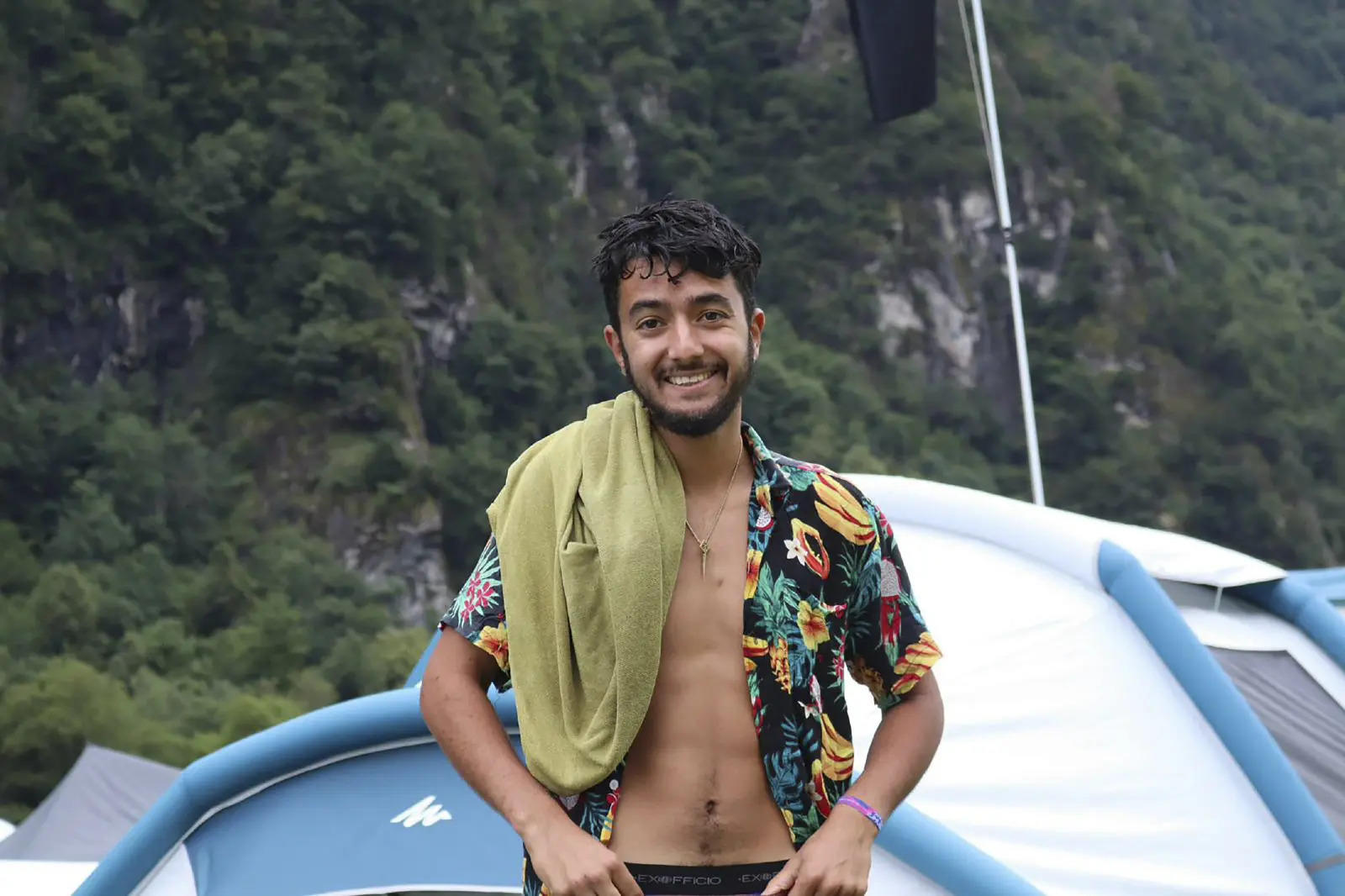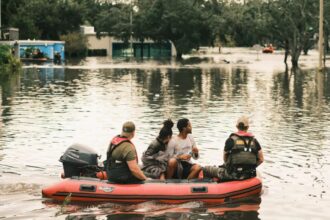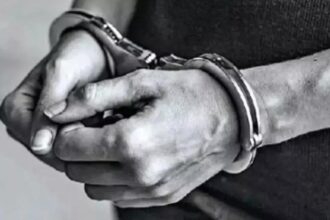Who was Hersh Goldberg-Polin?
Hersh Goldberg-Polin was born in Oakland, California, and moved to Israel with his family in 2008 when he was seven years old. Holding dual Israeli-American citizenship, he was known for his cheerful demeanour and deep love for geography and travel. His childhood interests were evident in his room, which was filled with atlases, globes, and National Geographic magazines. Before his abduction, Goldberg-Polin had planned to embark on a world trip in December 2023—a dream cut short by the tragic events at the Nova music festival.
Described by his mother, Rachel Goldberg-Polin, as a “happy-go-lucky, laid back, good-humoured, respectful, and curious person,” Hersh was an elder brother to two sisters and deeply passionate about soccer, music, and travel. His childhood fascination with geography led him to collect atlases, globes, maps, and stacks of National Geographic magazines, filling his bedroom with symbols of his curiosity about the world. “He has been obsessed with geography and travel since he was a little boy,” Rachel said in a heartfelt speech at the Democratic National Convention (DNC).
Hersh had ambitious plans to explore the world. He intended to embark on a round-the-world trip in December 2023, a journey that would follow his attendance at the Nova music festival in southern Israel, near the Gaza-Israel border. The festival, intended as a celebration of his 23rd birthday with his best friend Aner, instead turned into a nightmare on October 7 when Hamas militants launched a surprise attack, killing over 1,200 people and taking about 250 hostages, according to Israeli reports.
As rockets rained down, Hersh, Aner, and 27 other festival-goers sought refuge in a cramped 5-by-8-foot bomb shelter. During the assault, terrorists threw grenades into the shelter. “Aner stood in the doorway and repelled seven of those grenades before the eighth one killed him,” Rachel Goldberg-Polin recounted. Hersh, who was left-handed, tried to throw grenades out of the shelter, but one exploded near him, severely injuring his left arm.
The attack escalated further when Hamas gunmen forcibly took Hersh away. The last memory his friends had of him was of this moment of chaos and violence. It wasn’t until six months later, in April, that the first sign of life from Hersh emerged. A video released by Hamas showed him with his hair cropped short and his left arm missing from the elbow down. Speaking in Hebrew, he stated he had been “here for almost 200 days” and urged his parents to stay strong.
However, hopes for his return were dashed when, more than four months later, Hersh was confirmed dead. His family, in a statement released through the Israeli Ministry of Foreign Affairs, expressed their profound grief: “With broken hearts, the Goldberg-Polin family is devastated to announce the death of their beloved son and brother, Hersh. The family thanks you all for your love and support and asks for privacy at this time.”
The Israeli military later disclosed that Hersh’s body was found “brutally murdered” alongside five other hostages in Hamas-run tunnels beneath the city of Rafah, just before Israeli troops could reach them. Two Israeli officials revealed that Hersh and two other hostages, Eden Yerushalmi and Carmel Gat, were supposed to be released in an early ceasefire agreement categorized as “humanitarian,” but the release was delayed.
Throughout his captivity, Hersh’s parents, Rachel and Jon Polin, became vocal advocates for a deal to secure the release of the hostages. They frequently met with top U.S. officials in Washington and pushed Israeli Prime Minister Benjamin Netanyahu to negotiate for the return of their son and others. In an emotional plea at the DNC in Chicago, they underscored the human aspect of their struggle: “This is a political convention. But needing our only son and all of the cherished hostages home is not a political issue. It is a humanitarian issue,” said Jon Polin.
The couple’s activism and their poignant speeches resonated deeply with many, leading to widespread support and calls to “bring him home,” a phrase that became a rallying cry for families of hostages. The Goldberg-Polin family, wearing pieces of tape with the number 320 to mark the days their son had been held captive, became symbols of resilience and hope.
Source : Times of India









